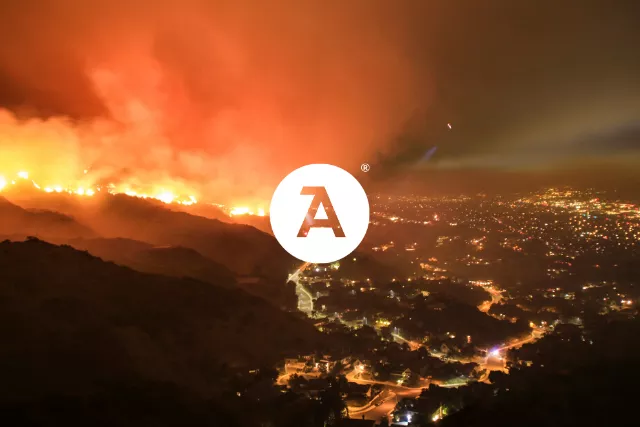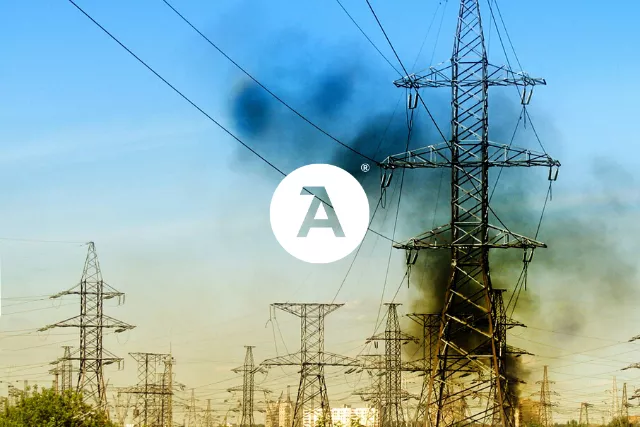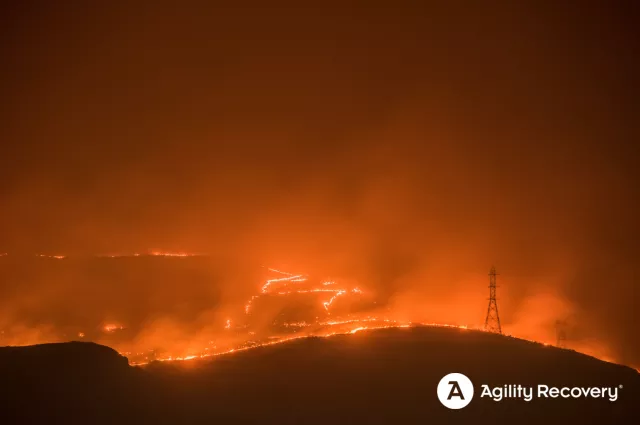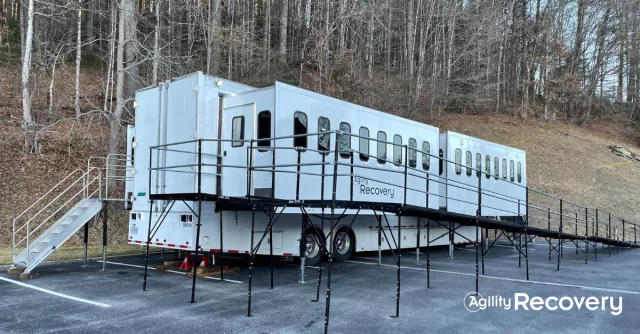California Blackouts & How to Prepare Your Business for a Planned Outage
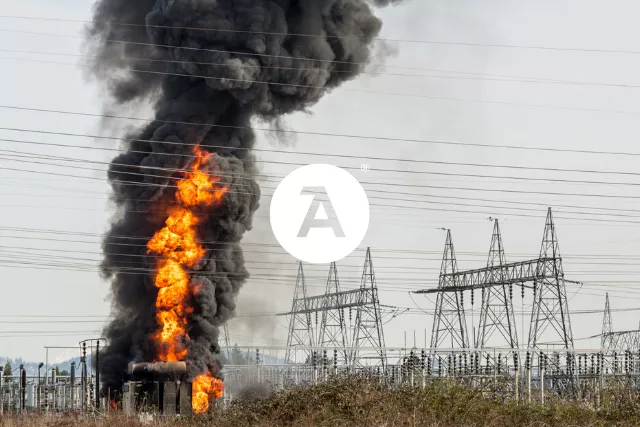
Rolling Blackouts
Some blackouts—called rolling blackouts—are necessary for the longevity of the power system and are typical during the summer months. Furthermore, to mitigate future risk, utility companies are using rolling blackouts to protect dry landscapes from power lines that could overheat and spark deadly fires.
Utility companies and their equipment have been blamed repeatedly for some of California's most destructive wildfires. Most notably, California’s Pacific Gas & Electric, recently agreed to plead guilty to unlawfully starting the 2018 Camp Fire that burned more than 153,000 acres, resulting in 85 deaths and over $16B in losses.
Despite PG&E’s wildfire mitigation work and efforts to reduce rolling power outages for 2020, California could experience more planned blackouts heading into a fire season that’s likely to be more severe and starting earlier. PG&E may need to rely more heavily power outages during this year’s upcoming wildfire season due to a variety of reasons:
- The coronavirus pandemic has caused difficulties in fire-prevention progress and utility work. According to PG&E, COVID-19 restrictions and economic disruptions “will continue to result in workforce disruptions, both in personnel availability (including a reduction in contract labor resources) and deployment."
- PG&E’s 2020 wildfire mitigation plan is reportedly on track, but according to their first-quarter earnings report, there is still has a lot of work to be done in grid hardening, vegetation clearing, physical inspections, and installation of specialized gear.
- PG&E stated that their efforts should reduce the number of customers affected by blackouts by one-third, noting that the reduction would only come “if the exact same weather patterns are seen in 2020 as experienced during the largest [public-safety power shutoff] events in 2019.” Keeping that in mind, California experienced a fairly light fire season in 2019 along with a mild winter and lower amounts of rain and snowfall than usual that has since increased the 2020 wildfire risk outlook. This could make it difficult for PG&E to reduce the amount of blackouts this year in an effort to prevent fires.
How to Prepare Your Business for a Planned Power Outage:
If you are anticipating a planned electric outage, here are some steps you can take to reduce the impact:
- Establish an emergency response team responsible for planning and communication regarding power outages and rolling blackouts
- Make sure your utility company has your organization's updated contact information so they can inform you of planned power shutoffs and updates
- Have team members enable local power outage alerts or apps
- Know your options for relocating personnel, forwarding telephones and obtaining replacement equipment
- Set up a Crisis Communications and Emergency Notification System to communicate your policies, plans, decisions, and news updates to your employees, stakeholders, clients and vendors
- Establish protocol for saving work in progress
- Keep important phone numbers in case emergency assistance is needed
- Turn off major appliances and electronics in the office
- Make sure laptops and mobile devices are fully charged or have backup power supply
- Keep supplies on hand including petty cash, flashlights, extra batteries and battery powered radio
- Ensure backup systems are ready to go and review plans to restore affected systems
For more detailed steps, see the full Responding to Blackouts Checklist.
Additional Considerations:
- How your remote employees will continue business if working from home amid a blackout or wildfire
- How travel restrictions may impact your people and operations
- Consider partnering with business continuity services that can provide fast backup office space in a different location or quick access to power generators to keep operations running
As part of our Power Workspace Recovery Solution, Agility helps customers source, reserve, and maintain power generators even with increased demand and price hikes due to simultaneous disruptions like wildfires, blackouts, and pandemics.

